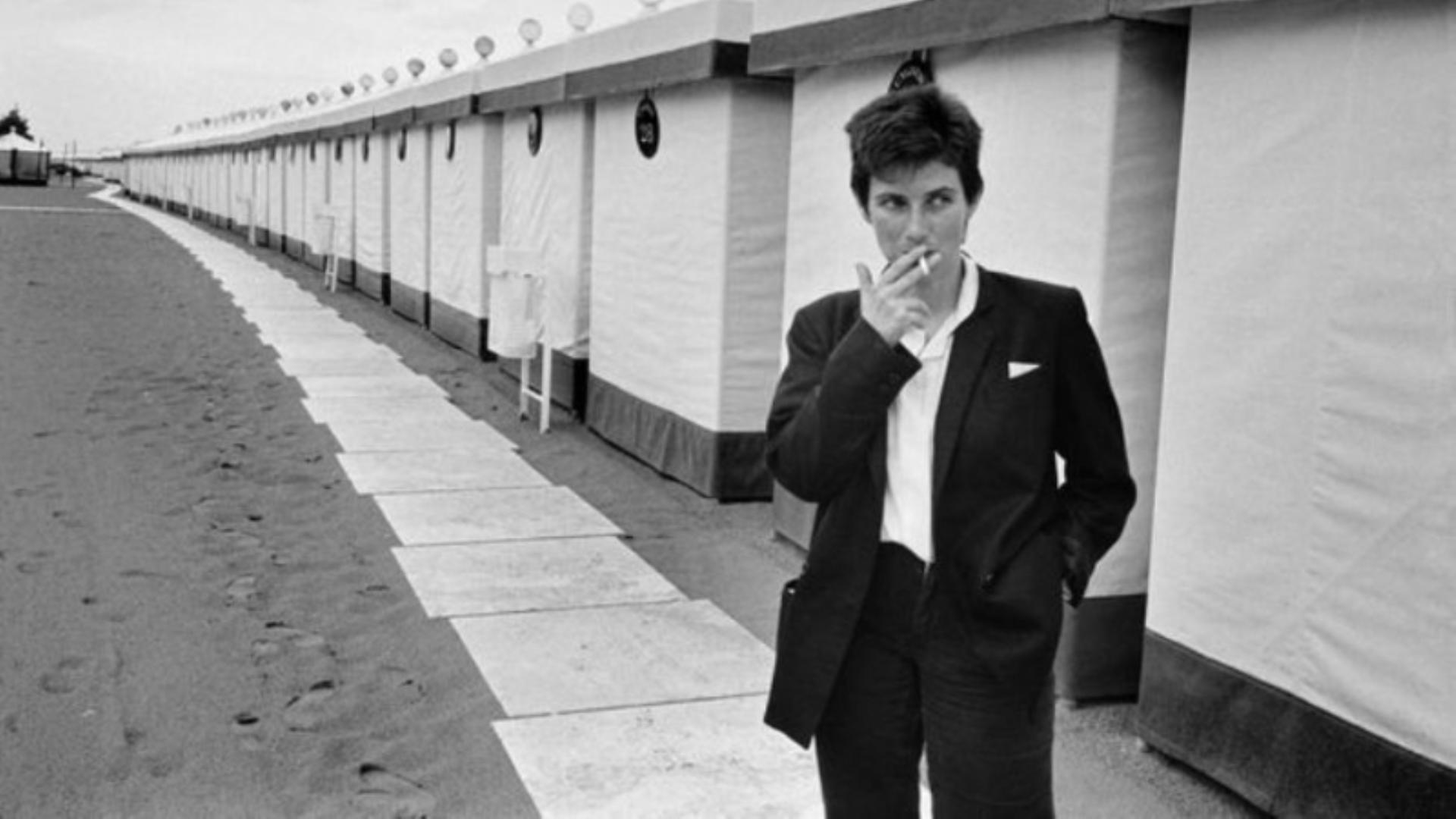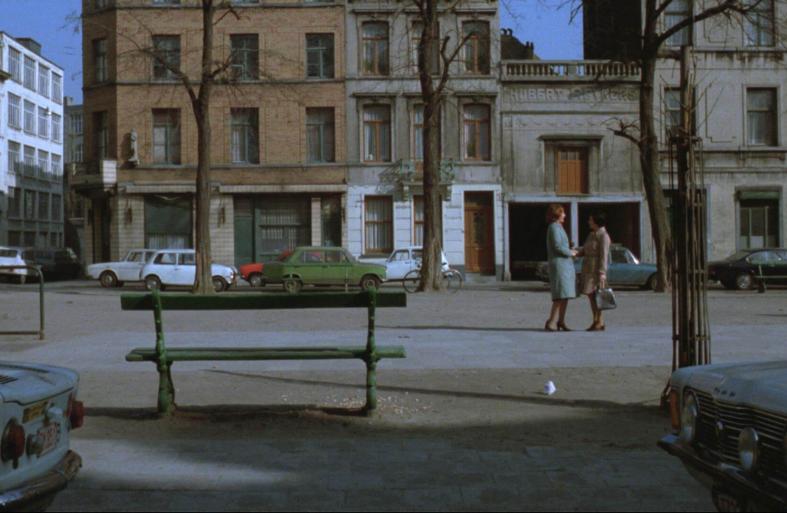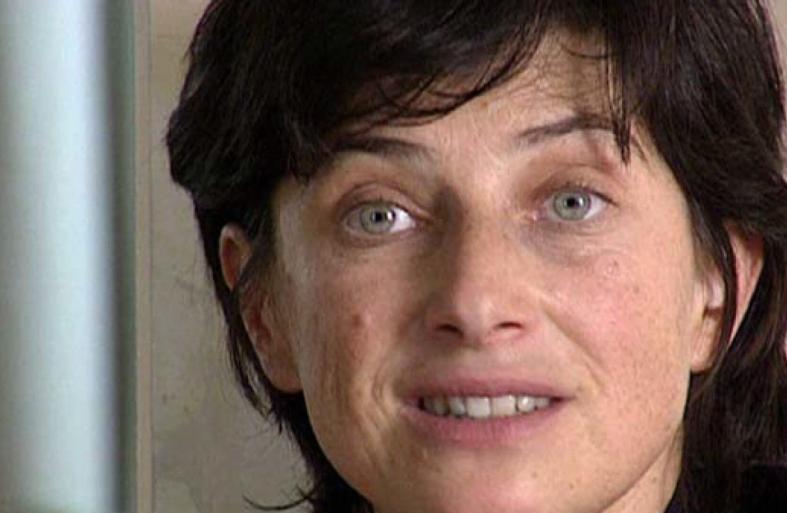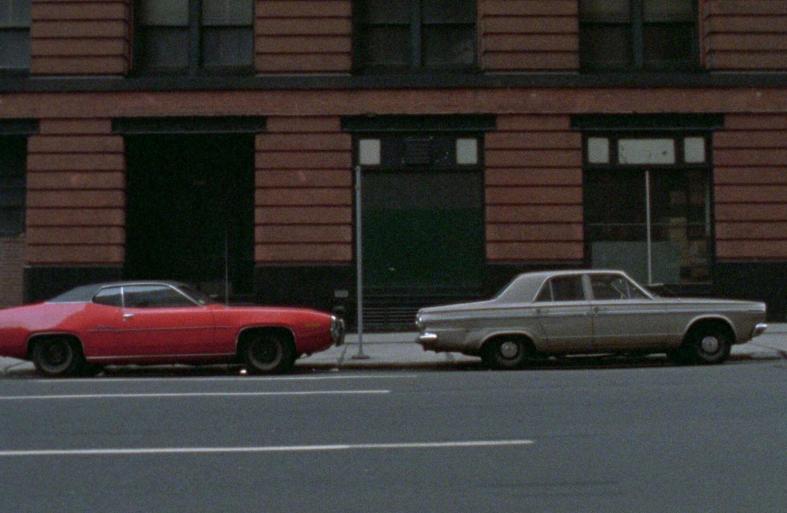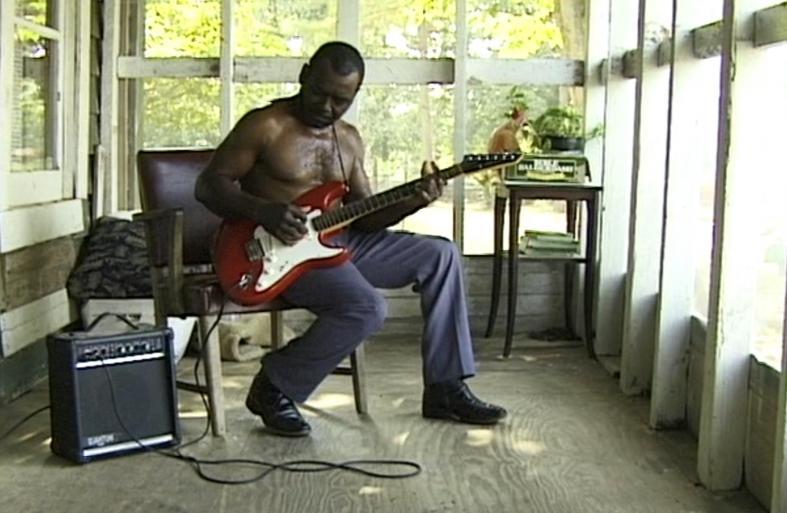‘There are filmmakers who are good, filmmakers who are great, filmmakers who are in film history. And there are a few filmmakers who change film history.’ (Nicola Mazzanti, director of the Royal Belgian Film Archive)
Filmmaker, actor, writer, artist, professor of film at Harvard and CUNY, NY, Chantal Akerman created shorts, medium-length films, features, musicals, and documentaries. She refused to abide by any rules, dropping out of film school quickly, impatient to start working. ‘…Cinema is either this or that. I would love it to sometimes be and this, and this, and this… my route is made up of all these divisions, these tensions, pulling me off in different directions. ‘
Much of her work revolved around her mother, Natalia, a Holocaust survivor whose silence regarding her trauma nourished most of Chantal’s work. She developed a form of nomadic cinema, observing people, far from her home in Paris or Brussels, living their daily lives; a flâneuse, or wanderer’s point of view, searching for her truth in the other. But her camera occasionally focused on intimate, confidential self-portraiture.
Jeanne Dielman (1975), Akerman’s master work, is a rigorous film about time and rituals in 223 tableaux. Her films, she claimed, ‘did not take your time but gave it.’ ‘I want people to experience film in their body’. From the East (1993) is its counterpoint, with its fluid choreography of environments and people, starting in East Germany and ending in Moscow. South (1998) concentrates on a racist lynching. It is ‘the quest for meaning beyond the nonsense of barbarism and death.’ Despite despair, she, as Kafka, does not ‘make pathos’.
Her last film, No Home Movie (2015), ‘is about a loss – my mother; and about a reunion – my mother.’ It’s also about our own loss of a superlative artist just a few months later.
Vivian Ostrovsky
